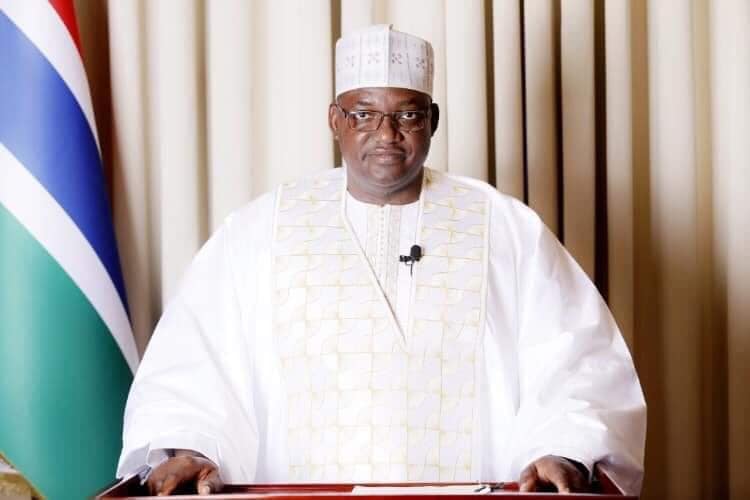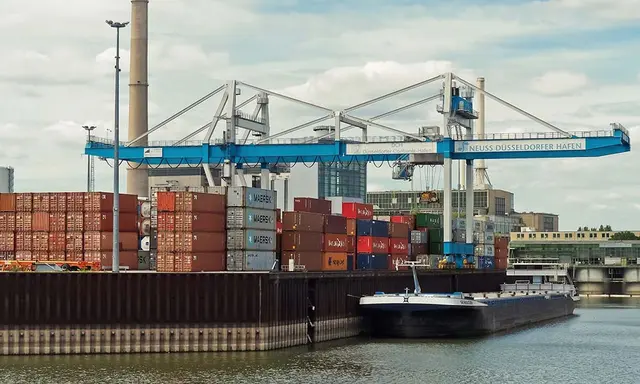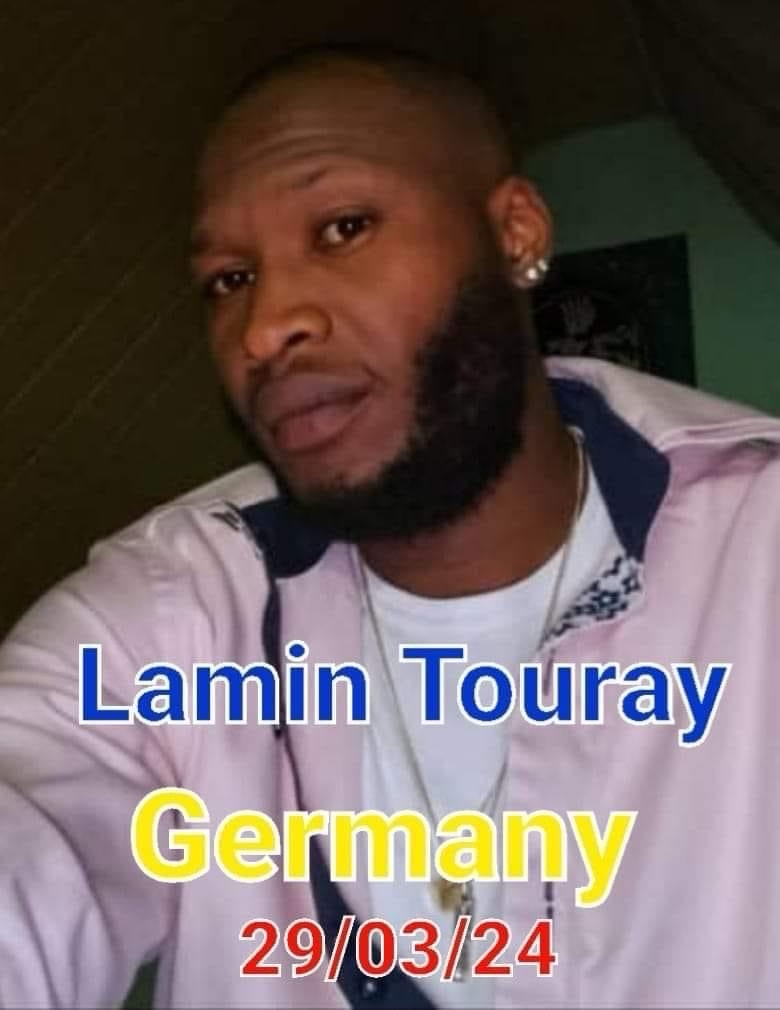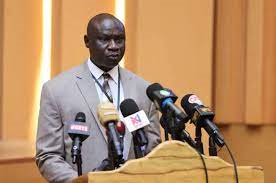Declaring a state of public emergency throughout The Gambia, President Adama Barrow has ordered all public transport to carry half of their specified number of passengers as a measure to beat the coronavirus pandemic.
In his second address to the nation on COVID-19, on Friday, he announced that all non-essential food outlets in all markets and enclosed shopping areas be closed.
“All non-essential public places, such as bars, cafeterias, cinemas, video clubs, gymnasiums, museums, night clubs, public swimming pools, events halls, casinos, gaming parlours and sporting venues shall be closed. All public places of worship shall be closed.
“The number of people attending any social gathering, such as weddings, naming ceremonies and funerals shall be restricted to a maximum of ten people,” President Barrow declared.
He added: “Invoking the powers invested in me as President under the Emergency Powers Act of the Laws of The Gambia, this is one of a series of regulations I have signed, starting with the freezing of prices of all essential commodities to prevent any form of hoarding.”
President Barrow said that an essential commodities committee has been set up to monitor and enforce these regulations. He appealed to the goodwill of the business community to respect these measures for the general welfare of Gambians.
“Notwithstanding the restrictions, the general public is reassured that essential services will continue. These include services provided by banks, petrol stations, traders and vendors in food and basic commodities in the markets, supermarkets and corner-shops.”
However, he emphasized that services must be provided in accordance with social distancing guidelines recommended by the World Health Organization.
President Barrow revealed that the government has approved a 500 million dalasi emergency fund, which the ministries of Health and Finance will work on for disbursement and use to fight the COVID-19.
He also commended the private sector, as well as all philanthropists and individuals for their financial support, saying that their contributions will go a long way in complementing Government’s efforts in this joint fight.
According to him, to curtail the exposure to infection through close interactions, the government has decided to scale down government operations.
All heads of government institutions, parastatals, private enterprises and other institutions have been instructed to scale down their activities, with minimal staff to perform basic services, while feasible, staff can work from home.
“At the private sector level, all non-essential services are declared suspended with immediate effect. Only essential services, such as emergency medical services, sale of essential items and commodities, will continue,” he added.





